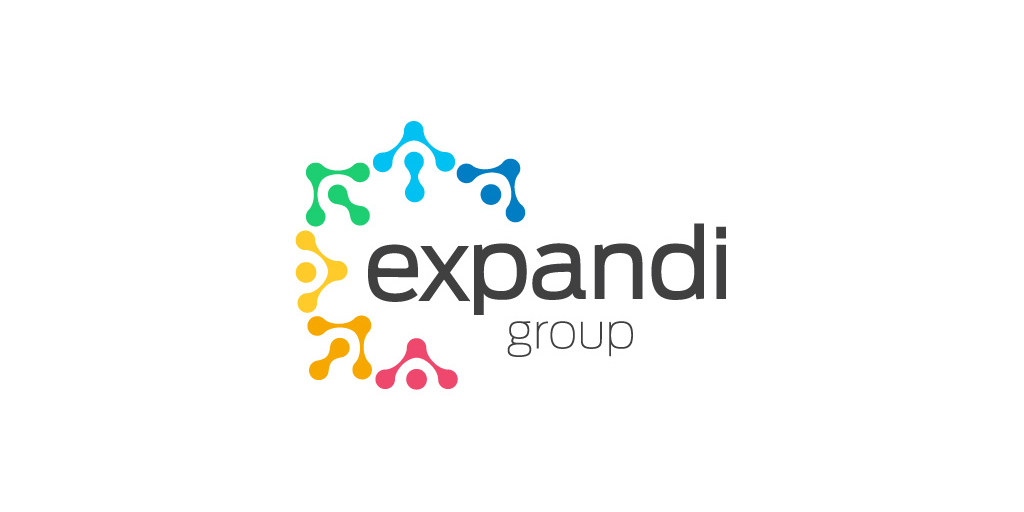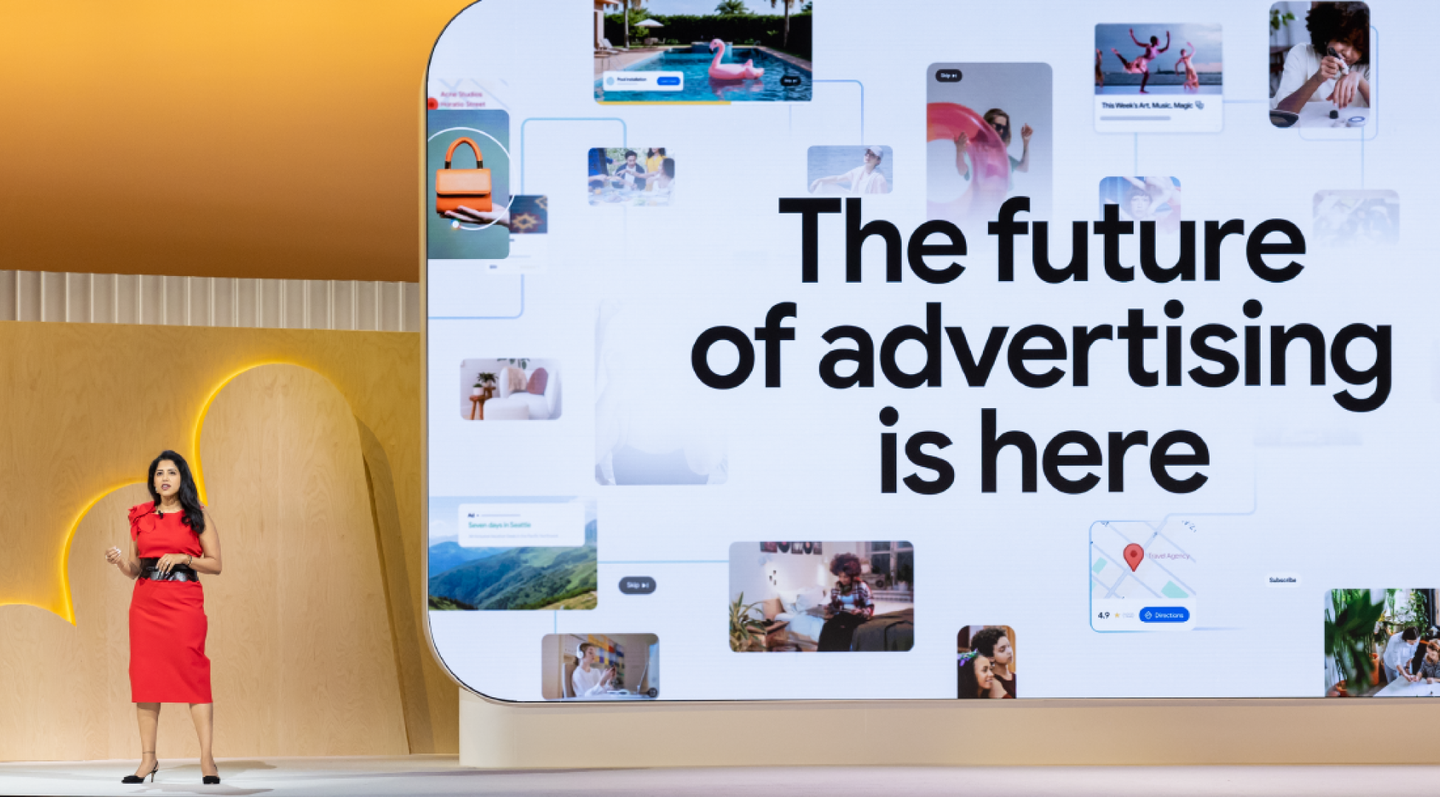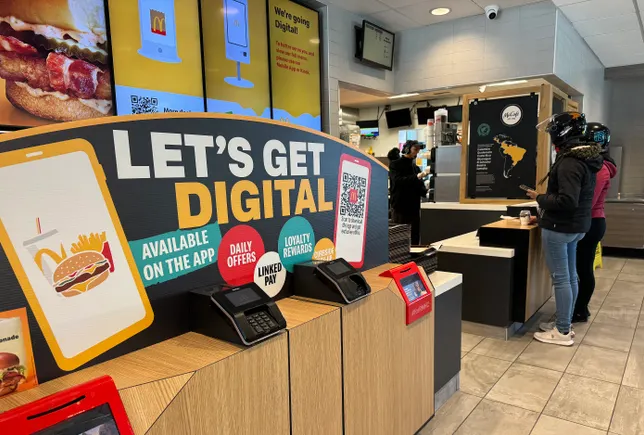Brands Reevaluate Value-Based Campaigns Amid Political Backlash
In recent years, brands have increasingly aligned their advertising with social causes, embracing diversity, equity, and inclusion (DEI) as central pillars of their campaigns. However, a growing cultural backlash is prompting companies to reconsider these strategies. As political polarization deepens, many brands are now scaling back or outright abandoning campaigns rooted in social purpose.
From Purpose-Driven to Purpose-Cautious
Advertising once focused primarily on product features, but the past decade has seen a shift toward socially conscious branding. High-profile campaigns supporting LGBTQ+ rights, racial equality, and environmental sustainability became the norm. Yet, as DEI initiatives face increasing scrutiny and opposition, especially in the United States, companies are becoming wary of alienating parts of their customer base.
“There’s a growing concern that engaging in social issues could hurt sales or provoke boycotts,” said a marketing executive at a Fortune 500 company. “Brands are now trying to strike a balance between values and broad appeal.”
High-Profile Missteps Fuel Hesitancy
Several major brands have faced public backlash over socially driven campaigns. For example, Bud Light’s brief partnership with transgender influencer Dylan Mulvaney sparked intense criticism and a subsequent dip in sales. Similarly, Disney’s vocal stance on Florida’s so-called “Don’t Say Gay” law led to political retaliation and polarized public opinion.
These incidents have become cautionary tales for marketers. “Executives are asking whether the risk is worth the reward,” noted a brand strategist. “The pendulum is swinging from bold advocacy to careful neutrality.”
Marketers Navigate a Divided Landscape
Today’s political environment makes it challenging for brands to engage in cultural conversations without controversy. Social media amplifies dissent, and organized campaigns against DEI are gaining momentum. As a result, many brands are opting for safer, more universal messages.
“Neutrality is becoming a strategy in itself,” said a senior advisor at a global advertising agency. “Brands want to connect emotionally without taking sides.”
Some companies are choosing to support causes behind the scenes rather than through public campaigns. This approach allows them to maintain internal DEI commitments while minimizing external backlash.
The Role of Consumer Expectations
Despite the political pushback, many consumers—especially younger demographics—still expect brands to stand for something. Gen Z and Millennial shoppers tend to favor companies that reflect their values. This presents a dilemma: how to remain relevant and principled without sparking division.
“It’s not about abandoning purpose entirely,” explained a marketing professor at a leading university. “It’s about being authentic and strategic. Consumers can spot performative activism, and that’s just as damaging.”
Some brands are finding success through hyper-local or community-driven initiatives that resonate on a smaller scale, avoiding national political flashpoints while demonstrating genuine impact.
Advertising Agencies Adapt to New Realities
Creative agencies are adjusting their playbooks in response to shifting client sentiments. Campaigns are being retooled to emphasize universal values like kindness, resilience, and innovation. At the same time, agencies are advising clients on how to navigate controversial topics with nuance and empathy.
“There’s a move toward storytelling that highlights human connection rather than ideology,” said a creative director at a major firm. “It’s a way to inspire without dividing.”
The Future of Purpose in Advertising
As the culture war continues to influence corporate decision-making, the future of purpose-led advertising remains uncertain. Some experts predict a return to product-centric messaging, while others believe brands will find new ways to express values without inciting controversy.
“Brands are at a crossroads,” concluded the marketing professor. “The next few years will define whether they retreat from purpose or redefine it in a way that’s both bold and inclusive.”
Ultimately, the evolving landscape is forcing the advertising industry to rethink its role in society. The challenge lies in crafting messages that resonate across a fragmented audience while staying true to core principles.
This article is inspired by content from Marketing Beat. It has been rephrased for originality. Images are credited to the original source.











Leave a Reply